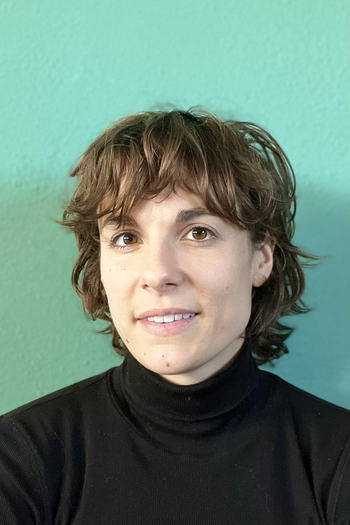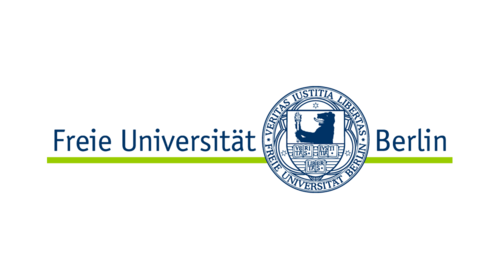Mariel Goddu

AvH-Fellow
Action, Philosophy of Psychology, Epistemology, Philosophy of Biology, Metaphysics
What does it mean to see an opportunity? This question is crucial for philosophy of action, philosophy of mind, and any metaphysics that aims to describe how biological organisms fit in with the rest of reality. Here’s an intuitive sketch of the problem. In order for you to perform an action (e.g., riding a bike), at least two things need to be true. First, you must have the ability to perform that action (i.e., you must be able to ride a bike). Second, your environment must be conducive to the exercise of your ability (i.e., there must be a functional bike in your vicinity). I am interested in a neglected third ingredient for making actions possible: the cognitive abilities that enable agents to recognize opportunities for action. In the bike-riding case, this means, “the ability to recognize the bike in front of you as an opportunity for exercising your bike-riding abilities.” That may seem trivial. But now think of some still ordinary, yet more nebulous recognitional abilities: recognizing which nearby object will be useful for propping open a door, recognizing which bodily movement will prevent a stack of picnic napkins from suddenly flying away in the wind, or recognizing which gestures may help someone better understand what we’re talking about in a foreign language. How can we characterize agents’ capacities to see the world in terms of action-relevant opportunities that are tailored to their own abilities?



